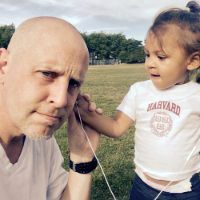Project-Based Learning Through Partnership
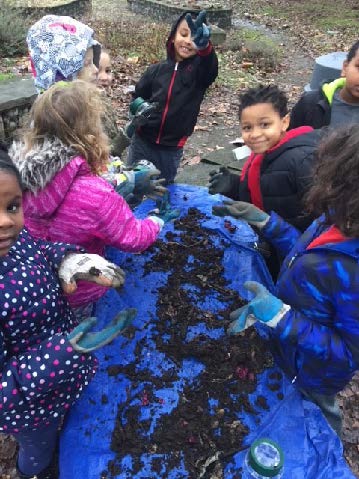
Thanks in part to an incredible partnership with Tilth Alliance, League of Education Voters has continued to promote project-based learning. Since 2002 League of Education Voters has been partnering with South Shore, a Seattle Public Schools PreK-8 school serving around 700 students in Rainier Valley, to fund innovation and create proof points in hopes of spreading effective practices across the state.
Through our partnership with South Shore, since 2009 we have also helped support what has become the Rainier Beach Learning Garden, located behind South Shore, providing project-based learning for several nearby schools, community centers, and daycare programs. While land management and site coordination is now provide by Seattle Parks, the garden’s educational programming is managed by Tilth Alliance, a statewide nonprofit organization focused on organic gardening and urban ecology.
Tilth Alliance specifically utilizes the Rainier Beach Learning Garden as a facet of their mission “to increase access to fresh healthy food for folks in Rainier Valley.” By working with Tilth Alliance, League of Education Voters has continued to impact each South Shore student’s education. Read More
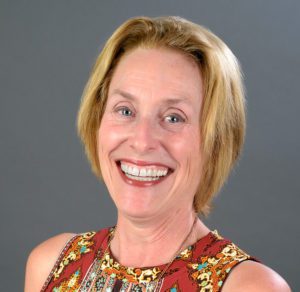 By Kelly Munn, League of Education Voters State Field Director
By Kelly Munn, League of Education Voters State Field Director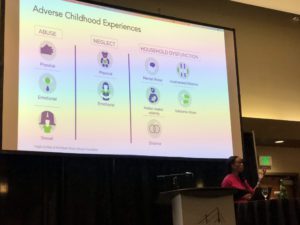
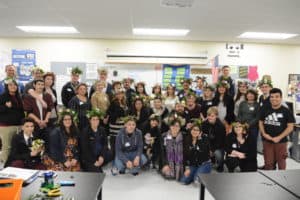 There are schools all across this state that are making dreams come true for their students.
There are schools all across this state that are making dreams come true for their students.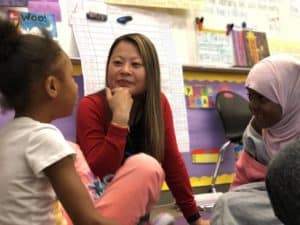 Students learn most effectively when their school feels safe, inclusive, supportive, and respectful. (1)
Students learn most effectively when their school feels safe, inclusive, supportive, and respectful. (1) Ruben is a senior at Walla Walla High School, and recently secured a job as a Walla Walla Public Schools afterschool tutor. Throughout his afterschool journey, Ruben has acquired a number of real-world skills, and has made many friends and professional contacts along the way.
Ruben is a senior at Walla Walla High School, and recently secured a job as a Walla Walla Public Schools afterschool tutor. Throughout his afterschool journey, Ruben has acquired a number of real-world skills, and has made many friends and professional contacts along the way. Low-income kids get the least exposure to family reading time, weekend day trips, preschool, summer camp, and after-school programming – adding up to a 6,000 hour learning gap by 6th grade.(1)
Low-income kids get the least exposure to family reading time, weekend day trips, preschool, summer camp, and after-school programming – adding up to a 6,000 hour learning gap by 6th grade.(1)